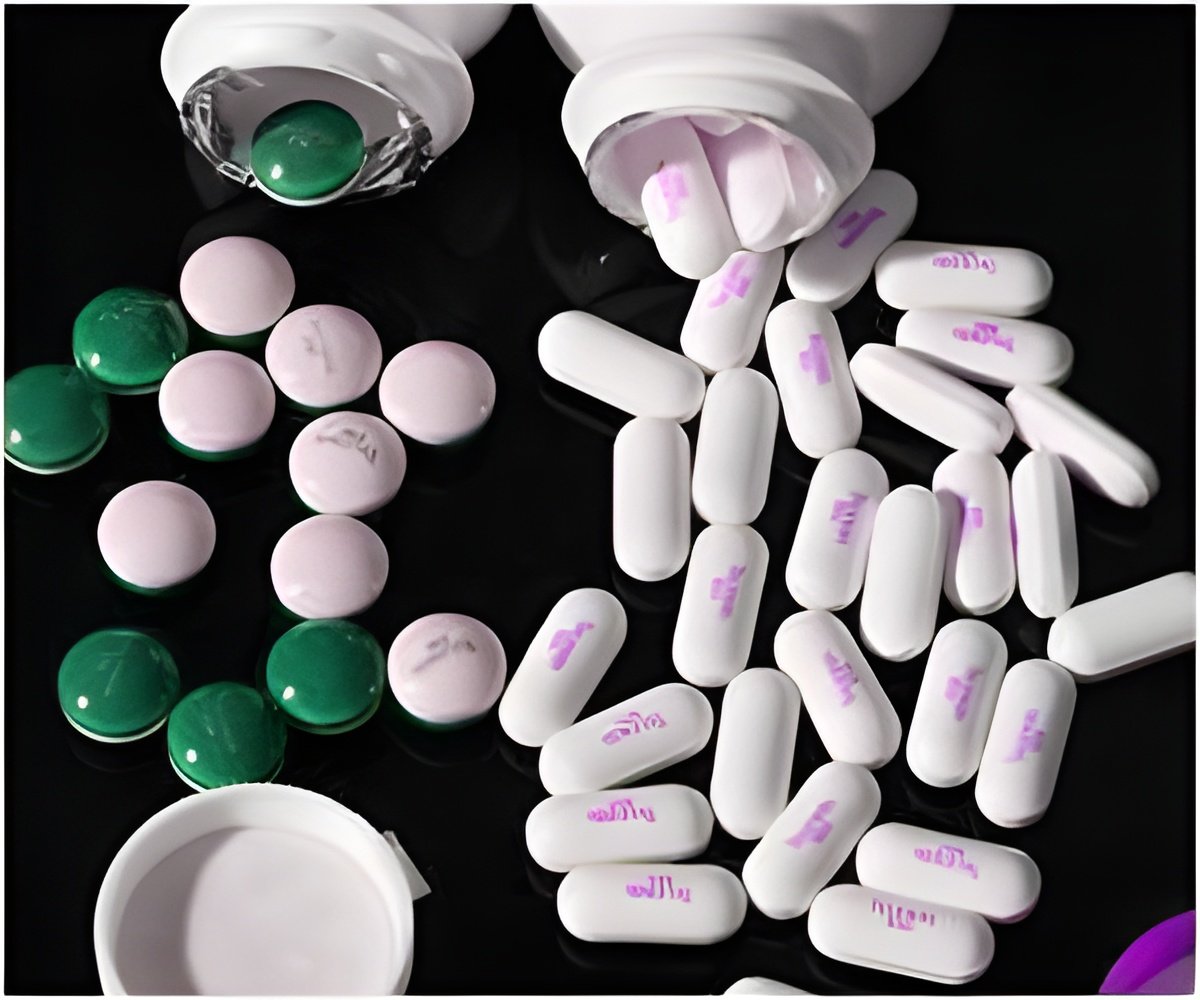A textbook view of what the body does after a meal has been overturned by a team led by researchers from the Institute for Diabetes, Obesity and Metabolism (IDOM)

The Penn group showed that mice without the genes Akt1 and Akt2 in their livers were insulin resistant and defective in their response to feeding with respect to blood sugar levels. In these mice, blood sugar levels remained high after a meal. When Akt is not present, another gene, Foxo, is on all the time, and the liver "thinks" the body is fasting. In response, glucose production stays on to keep cells supplied in energy-rich molecules. But then, says senior author Morris Birnbaum, MD, PhD, professor of medicine and IDOM Associate Director, "In further experiments, we expected that Akt and Foxo knockout mice – when we gave them a meal – to be locked into a fed state metabolically if both proteins were gone," says Birnbaum. "But, the liver responded normally after a meal, so we asked what is regulating the liver and glucose production in the absence of both the Akt and Foxo proteins?" These results are inconsistent with the textbook model of liver metabolism that the Birnbaum lab proposed a decade ago, in which the Akt protein is absolutely required for proper insulin signaling. The team surmised that there must be a backup pathway in the liver that governs glucose metabolism.Back ThenTen years ago, a study in Science by Birnbaum's research group described that the inactivation of the protein Akt2 led to diabetes in mice. The result was that insulin was not working in the fat cells and liver of these mice, proving that Akt is required for insulin to function properly. From then on, an accepted pathway for insulin control of blood sugar was that the Akt protein turned off Foxo1, a protein that governs genes that make glucose. Specifically, when Foxo1 is on, it drives glucose production.
After a meal, Akt modifies Foxo1 so that it reduces Foxo1's activity. This turns off glucose production, so blood sugar levels stay within a safe range after eating."When we started our present experiments to see how this pathway might apply to other aspects of metabolic regulation, this scenario is what we expected to see, based on the literature," notes Birnbaum.Backup SystemsWhy would animals need a seemingly redundant pathway? The scenario that the researchers favor is that insulin is working on other tissues' receptors and also communicates with the liver before and after a meal. The candidate organ is the brain via the nervous system. Studies by other labs have shown there are insulin receptors in the brain and suggested such a pathway may exist, though many scientists have been hesitant to accept this notion due to conflicting data, says Birnbaum. However, the new results from the Birnbaum lab provide an explanation of why it has been difficult to see the backup pathway: When insulin signaling in the liver is disrupted, the organ loses its ability to respond to outside signals. The team surmises that the normal state for the body is that Foxo is off most of the time, but during a diabetic state, Foxo is inappropriately activated. And when Foxo is on, which they propose is not the normal state, the liver is prevented from responding to the brain's signal to stop or start glucose production. The team is now working on testing this hypothesis. In the short run, these results suggest several other pathways to target in the hope to bypass the block in insulin action that occurs in Type 2 diabetes. First, one could try to mimic the signal external to the liver. Second, it might be possible to develop therapies that allow the liver to respond to signals from such other organs as the brain, even though usually during diabetes the active Foxo1 prevents this.
Source-Eurekalert
 MEDINDIA
MEDINDIA




 Email
Email










